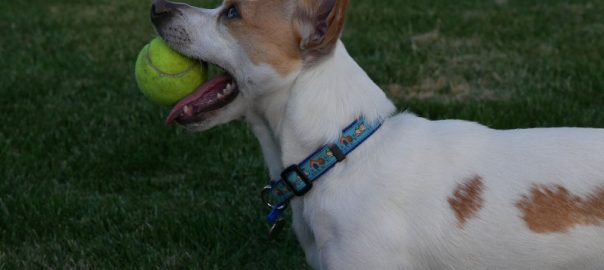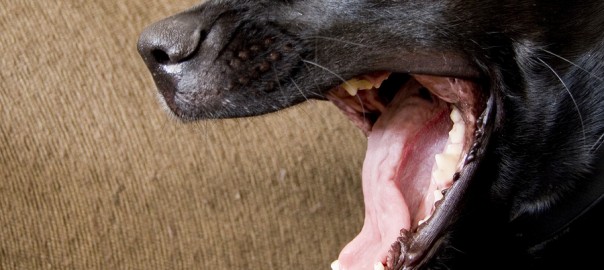Are rabies vaccinations necessary for cats who don’t go outside? One of my Facebook followers asked just that question. Here’s my response!
Q: Does my indoor cat need a rabies vaccination? It’s not required by law in our state. I want to protect her, but I worry that she’ll get cancer from the vaccine or have some other bad reaction.
A: I understand your concern, but even though the laws of many states don’t mandate rabies vaccinations for cats, the American Association of Feline Practitioners considers rabies a core vaccine for cats, even those who live indoors. The reasons are twofold. One is because rabies is a public health problem. The other is because life is uncertain. There’s no guarantee that your cat won’t escape outdoors someday, or she may one day live in a home where she is allowed outdoors. And it’s not unheard of for bats, the primary species causing rabies exposure in humans, to fly into homes through open doors or windows or to inhabit houses in areas such as attics.
According to a 2014 article in the Journal of the American Veterinary Medical Association, rabies was confirmed in 247 cats in 2013 (the most recent numbers available). That’s more than in dogs, with only 89 cases during the same year.
To reduce the risk of vaccine-related cancers, my colleague Alice M. Wolf, DVM, an internal medicine specialist who speaks widely on vaccination, recommends using nonadjuvanted rabies vaccines in cats because they produce little to no inflammation at the site of the injection. That’s important because it’s suspected that chronic inflammation is associated with the development of vaccine-associated sarcomas.
According to the 2013 fact sheet on feline vaccinations from the AAFP, cats with a history of injection-site sarcoma believed to be associated with a rabies vaccine should not be revaccinated, although local rabies ordinances or statutes may apply.
Read more, including about the dogs I met on my South American trip, in this week’s Pet Connection.




